★★★½
“A grim fairy-tale.”
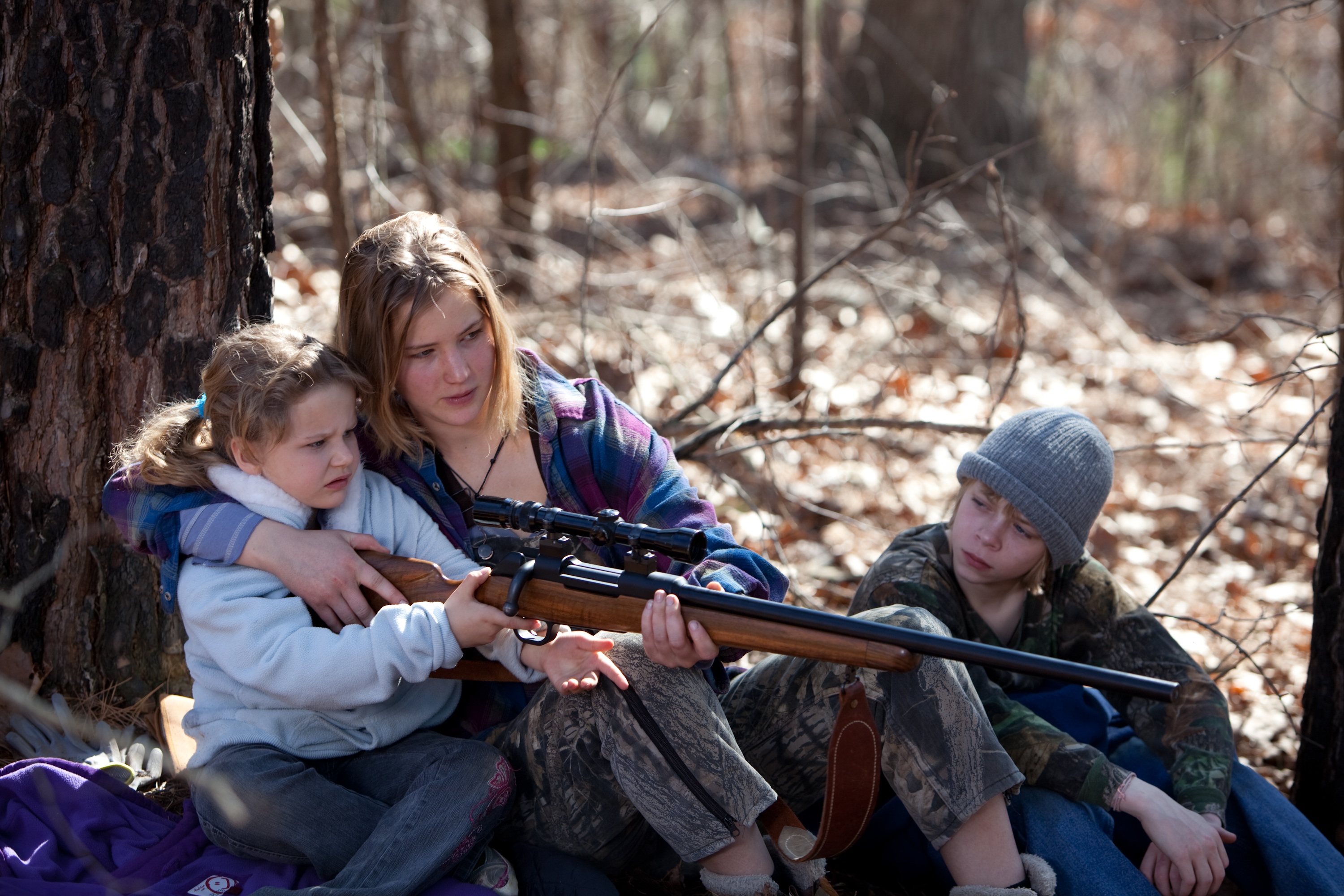 Not perhaps our traditional fare, but there’s a good case to be made for its inclusion, with a strong, single-minded heroine who is prepared to do whatever it takes, including putting herself at considerable risk, to keep her family together. Certainly, you can see why Lawrence went on to stardom, and knowing her subsequently as Katniss Everdeen makes going back to her breakthrough role interesting. For you can see echoes of Katniss’s steely determination in 17-year-old Ree Dolly, trying to cope with a mentally-ill mother, two young siblings and an absent father. She’s just about coping, until she discovers that her father has skipped out on an impending court date for cooking meth, and put up the family home as collateral for his bail bond. If Ree can’t track him down, the bail company will be able to seize the family’s property and turf them out. Tracking him down is going to require Ree poking her nose into some very unpleasant corners of rural Missouri, where some intimidating characters have good reason for the missing man to remain that way.
Not perhaps our traditional fare, but there’s a good case to be made for its inclusion, with a strong, single-minded heroine who is prepared to do whatever it takes, including putting herself at considerable risk, to keep her family together. Certainly, you can see why Lawrence went on to stardom, and knowing her subsequently as Katniss Everdeen makes going back to her breakthrough role interesting. For you can see echoes of Katniss’s steely determination in 17-year-old Ree Dolly, trying to cope with a mentally-ill mother, two young siblings and an absent father. She’s just about coping, until she discovers that her father has skipped out on an impending court date for cooking meth, and put up the family home as collateral for his bail bond. If Ree can’t track him down, the bail company will be able to seize the family’s property and turf them out. Tracking him down is going to require Ree poking her nose into some very unpleasant corners of rural Missouri, where some intimidating characters have good reason for the missing man to remain that way.
It’s a disturbing glimpse into a world that seems barely part of America. I haven’t been so unsettled by a film’s location for a long time – the only comparable movie I can think of, is the East European gypsy slum in Import/Export, which looked more like a bomb site than a functioning residential area. Outside the natural surroundings of the Ozark Mountains, beauty is rare here; happiness, even rarer: survival is a full-time occupation, leaving no time for anything else. Outside of Ree, and her young sister and brother, who are too little to know different, there is hardly anything approaching a sympathetic character here. They virtually all pose a threat of some kind to Ree’s mission, and she has to navigate her way through them as if they were wolf-infested woods, knowing the right time to push, and the right time to back down. Except, even Ree isn’t fallible, which is how she ends up on the floor of a barn, beaten to a bloody pulp. Yet that’s when help arrives, from an unexpected source, and I guess, almost everyone lives happily after. Or as happy as possible, given the circumstances.
Lawrence is great, convincing and sympathetic, resilient and focused, a heroine who is credible without being incredible. Indeed, all the performances hit the required spots, to a degree where you wonder if Granik simply put out a casting call for meth dealers. However, the script isn’t as convincing, relying too much on people who have behaved one way, suddenly switching tack, for no obviously apparent reason beyond it being necessary for them to do so. It’s not exactly light entertainment either, and if you’re expecting flashy set-pieces, definitely look elsewhere. Falls more into the category of films which are to be respected, rather than enjoyed, yet Lawrence’s portrayal takes the viewer along, on a trip into the heart of Missouri darkness.
Dir: Debra Granik
Star: Jennifer Lawrence, John Hawkes, Lauren Sweetser, Garret Dillahunt





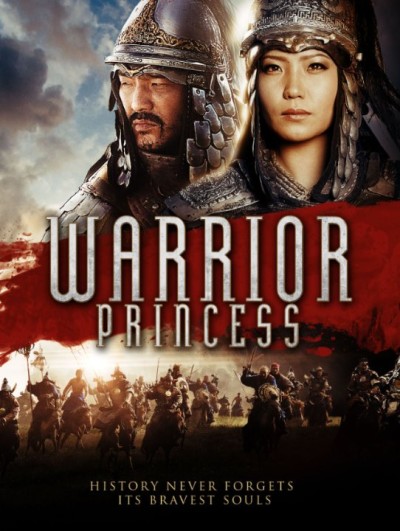


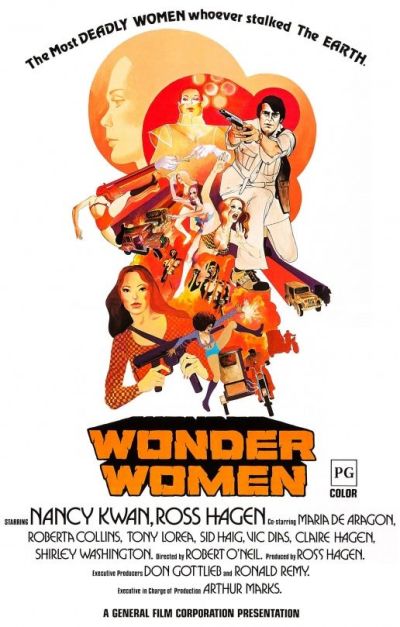 Roger Corman’s New World Pictures weren’t the only ones using the Philippines as a factory to churn out B-movies in the seventies, as this 1973 entry, from Arthur Marks’ General Film Corproration shows. Dr. Tsu (Kwan) and her posse of henchwomen are kidnapping athletes, the not-so-good doctor having perfected the ability to do brain transplants. She’s now selling this as a service to rich, old people, who can become young again. However, after kidnapping a jai-alai star, the insurance company on the hook for the half million dollar policy hires Mike Harber (Hagen) to investigate. As he starts nosing around and making waves, first the local gangster boss, then Dr. Tsu, send their minions out to stop him. Needless to say, this is of limited success, and he is soon on his way to the remote island where Tsu operates, to take down her operation.
Roger Corman’s New World Pictures weren’t the only ones using the Philippines as a factory to churn out B-movies in the seventies, as this 1973 entry, from Arthur Marks’ General Film Corproration shows. Dr. Tsu (Kwan) and her posse of henchwomen are kidnapping athletes, the not-so-good doctor having perfected the ability to do brain transplants. She’s now selling this as a service to rich, old people, who can become young again. However, after kidnapping a jai-alai star, the insurance company on the hook for the half million dollar policy hires Mike Harber (Hagen) to investigate. As he starts nosing around and making waves, first the local gangster boss, then Dr. Tsu, send their minions out to stop him. Needless to say, this is of limited success, and he is soon on his way to the remote island where Tsu operates, to take down her operation.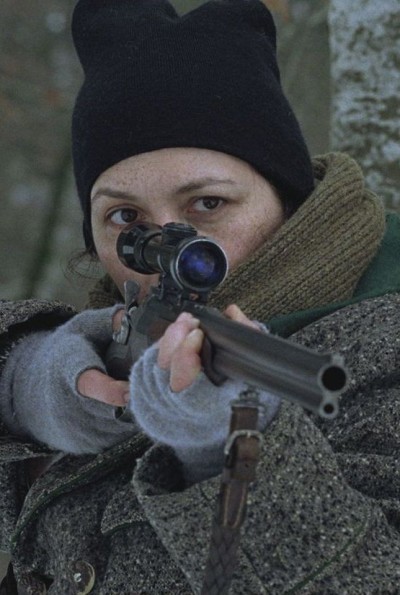 This is a very different kind of GWG film: indeed, it could almost be called an inaction heroine movie. It starts from a very simple presence. A woman (Gedeck) wakes up in a cabin in the Austrian Alps. When she tried to head to a nearby village, the path is blocked by an unseen, impenetrable barrier that has sprung up overnight, and now defines the boundary of her world. Everyone outside is dead. What do you do? How do you survive, both short- and long-term? Could you handle the loneliness? Can you retain your humanity, when you are, apparently, the only human being left?
This is a very different kind of GWG film: indeed, it could almost be called an inaction heroine movie. It starts from a very simple presence. A woman (Gedeck) wakes up in a cabin in the Austrian Alps. When she tried to head to a nearby village, the path is blocked by an unseen, impenetrable barrier that has sprung up overnight, and now defines the boundary of her world. Everyone outside is dead. What do you do? How do you survive, both short- and long-term? Could you handle the loneliness? Can you retain your humanity, when you are, apparently, the only human being left?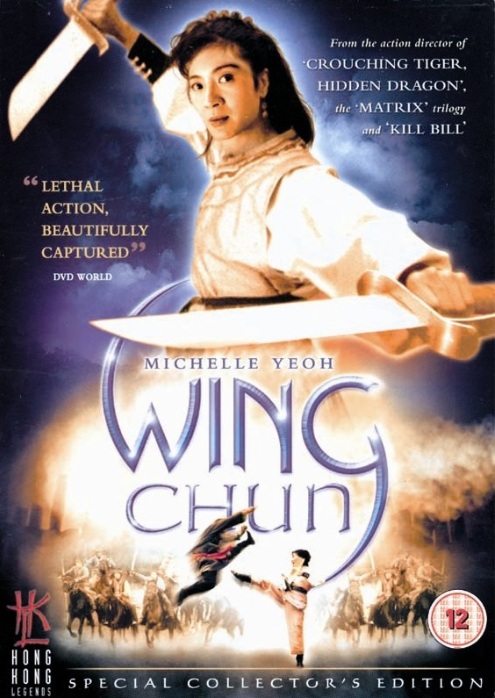
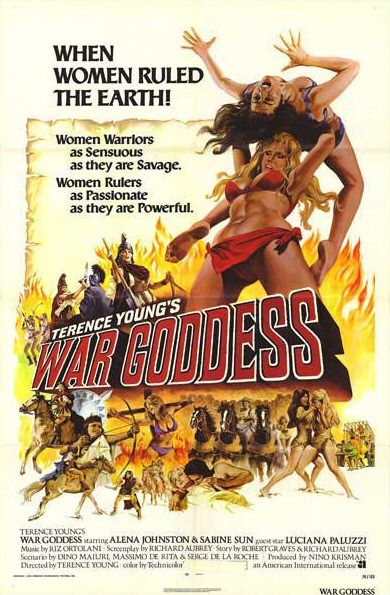
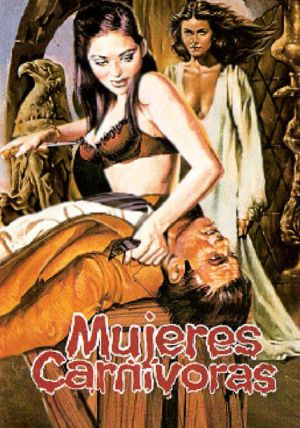 This German 1970’s film is well ahead of its time in some ways, but is postively Neanderthal in others, being basically a scream of fear about women’s liberation. It feels like a far-less subtle version of Neil LaBute’s re-make of The Wicker Man, taking place in a matriarchal town, where women are in charge, with the exception of a couple of incompetent men, to lift heavy things and provide a facade of normality (the police commissioner is an alcoholic, who knows little and cares less about what’s going on). Into this scenario comes Eve (Glas), a stressed-out secretary who has been booked in for a six-week course of treatment at the local spa. It’s not long before she stumbles across the body of a man with a knife embedded in his back, only to discover that no-one believes her, with the clinic’s doctor telling people Eve is suffering from post-tramautic hallicinations. Is that the case, or is there something genuinely unpleasant going on? And what’s this on the dinner menu?
This German 1970’s film is well ahead of its time in some ways, but is postively Neanderthal in others, being basically a scream of fear about women’s liberation. It feels like a far-less subtle version of Neil LaBute’s re-make of The Wicker Man, taking place in a matriarchal town, where women are in charge, with the exception of a couple of incompetent men, to lift heavy things and provide a facade of normality (the police commissioner is an alcoholic, who knows little and cares less about what’s going on). Into this scenario comes Eve (Glas), a stressed-out secretary who has been booked in for a six-week course of treatment at the local spa. It’s not long before she stumbles across the body of a man with a knife embedded in his back, only to discover that no-one believes her, with the clinic’s doctor telling people Eve is suffering from post-tramautic hallicinations. Is that the case, or is there something genuinely unpleasant going on? And what’s this on the dinner menu?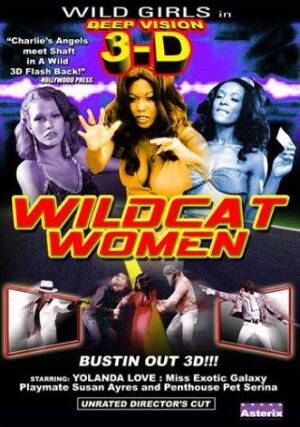 This was also released in a hardcore version as Black Lolita, but I’m not sure if that was 3D or not. Certainly, the DVD delivers about the worst such attempt I’ve ever seen. It’s in color, but also attempts the red/green method (glasses very early, and the only thing to be said for them is, they stop you seeing the film, which on the whole, is probably no bad thing. Lolita (Love) decides to team up with an air-stewardess and a yoga instructress to take down the local Mr. Big, who goes by the name Buddha – even though about all he shares with the Enlightened One is being Asian, since he’s neither fat nor pacifist.
This was also released in a hardcore version as Black Lolita, but I’m not sure if that was 3D or not. Certainly, the DVD delivers about the worst such attempt I’ve ever seen. It’s in color, but also attempts the red/green method (glasses very early, and the only thing to be said for them is, they stop you seeing the film, which on the whole, is probably no bad thing. Lolita (Love) decides to team up with an air-stewardess and a yoga instructress to take down the local Mr. Big, who goes by the name Buddha – even though about all he shares with the Enlightened One is being Asian, since he’s neither fat nor pacifist.